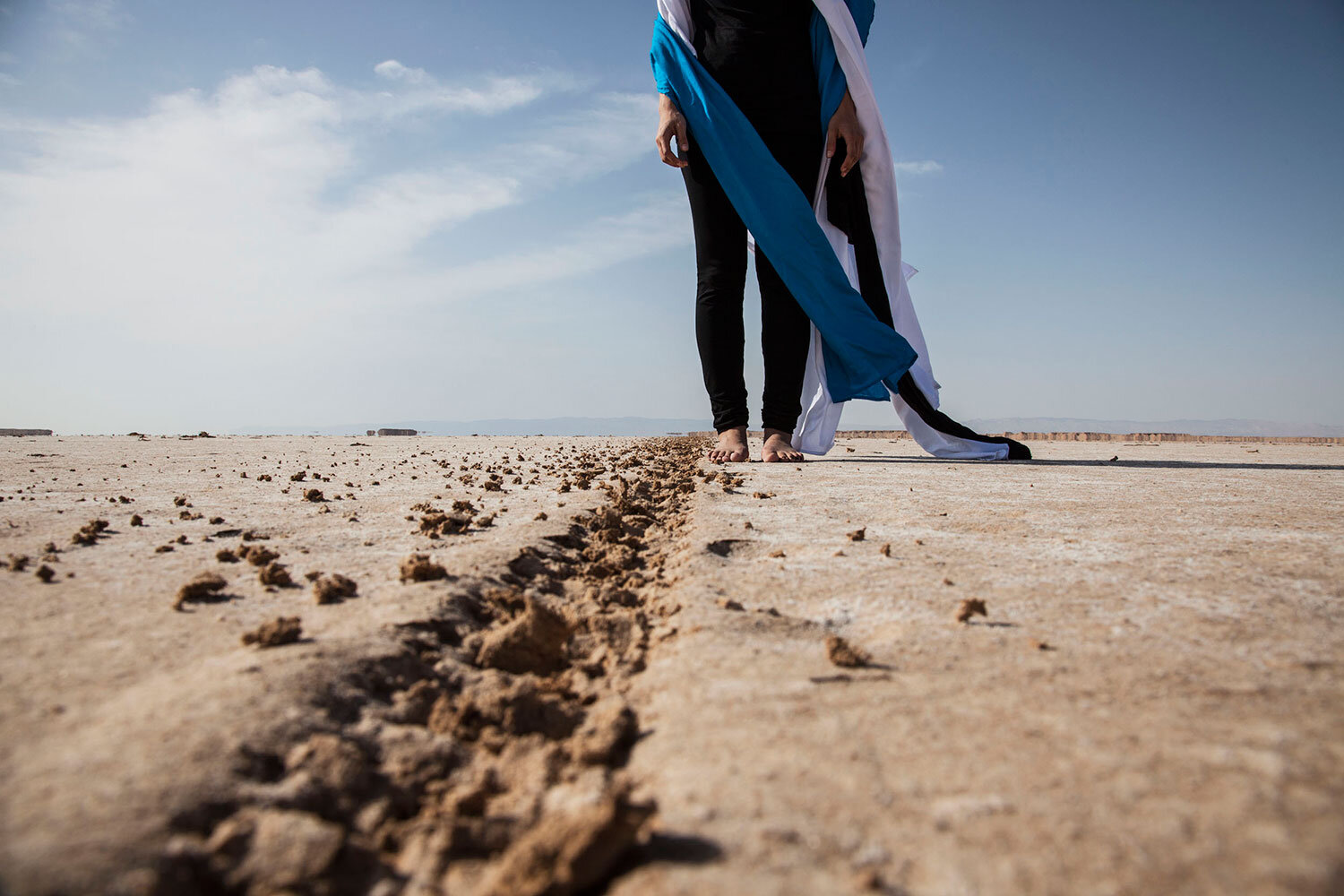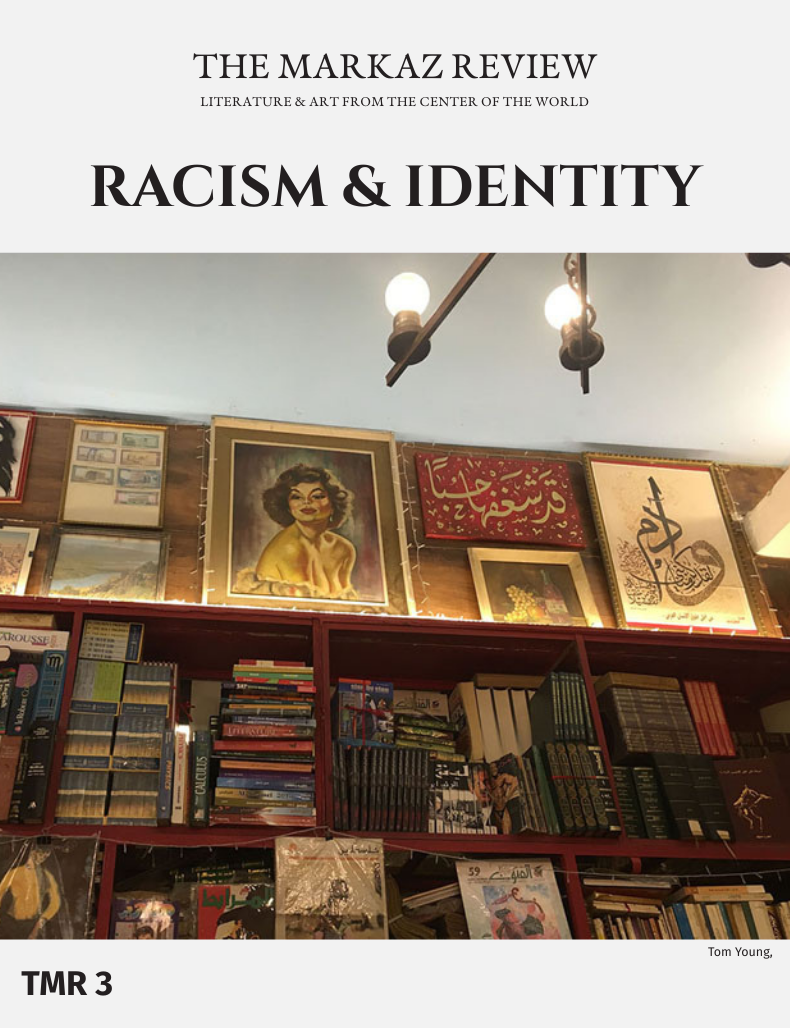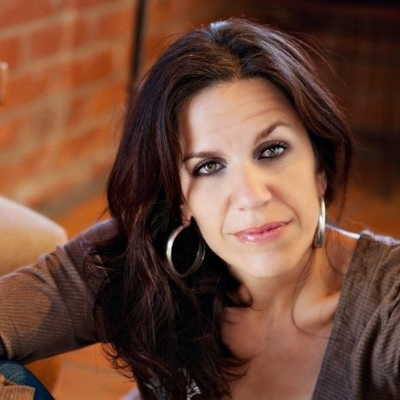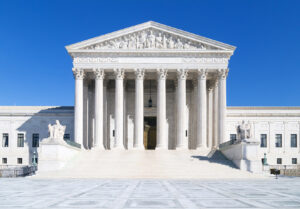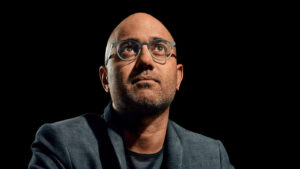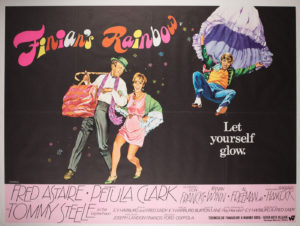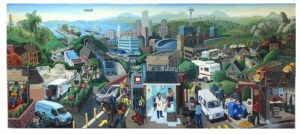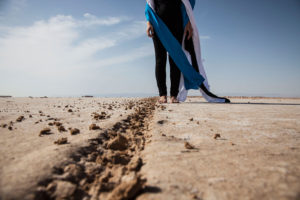Novelist and poet Laila Halaby reconciles herself with the neighborhood.
Dear Neighbors with the Trump/Pence sign,
You probably don’t remember this, but when my younger son was four or five, he dressed up as a dragon for Halloween. As we were walking up the path to your front door, one of his wings fell off. You came out with a bowl of candy and seeing my son’s distress, went right back inside. When you reappeared, you had safety pins and you both spent the next few minutes reattaching my son’s poofy green wings to his green felty costume. While we live a block apart, I rarely see you outside and we have never had occasion to chat. Still, I’ve always felt kindly and the tiniest bit protective of you guys as a result of that interaction.
My younger son is now 21. He has brown skin, tattoos, curly hair, and a fade, and sometimes walks shirtless in this neighborhood he grew up in. Sometimes he comes home and says that he’s greeted people and they’ve not replied. (Was this you?) Like so many young people of color these days, he worries about potential Karens and misinformation and police, all situations made massively worse by our current president and by those who support him.
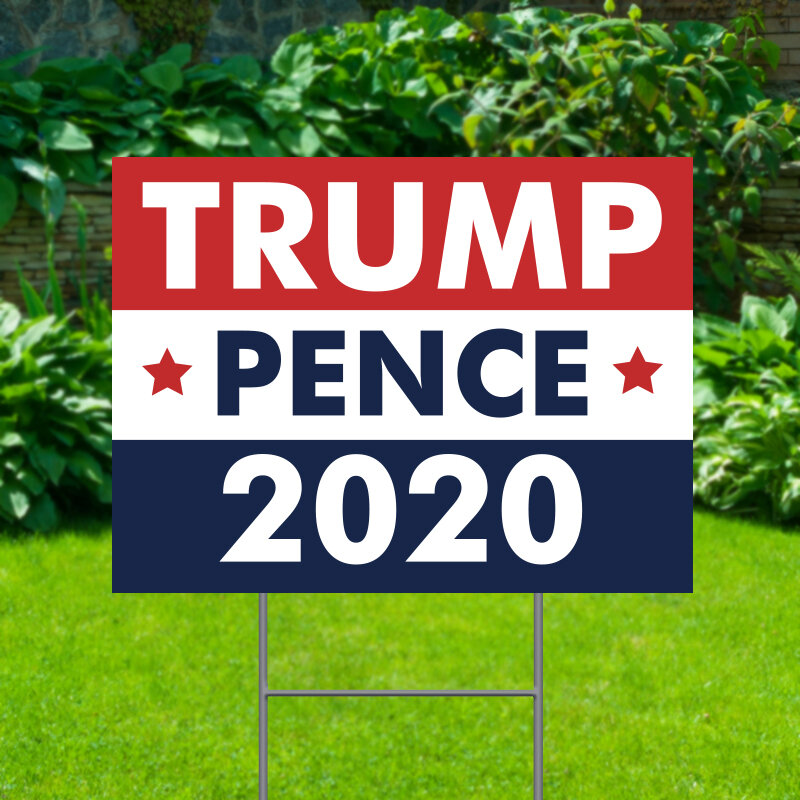
It hit me (like a sucker punch) that if I were taking my sons trick-or-treating now and we saw your sign, we would walk on by.
I like to think that had I been faced with such a sharp juxtaposition of kindness and hatred those many years ago, Dear Neighbors, that I would have returned alone to your house, introduced myself, and told you a little about my family. I would probably have shared all manner of personal details and in so doing I would have found and pointed out areas where we connected. I am good at that, at finding the overlap among diverse people. But I am tired, Dear Neighbors, so I am going to tell you about the places where we don’t overlap.
We had moved from Los Angeles into this very white, university-adjacent neighborhood, in 2000, when our boys were one and almost four. The elementary school around the corner had the highest scores for public school in the city and my mum lived a couple of miles away.
Palms, where we had lived in LA, was freeway-close and lively with students and immigrants and young families. We lived in an apartment building surrounded by other apartment buildings. The tiny park where Snoop Dog and his bodyguard shot and killed someone was a couple of blocks from us. The school closest to us was in the 20-somethingth percentile.
On the second day we were here, a neighbor came up to my then-husband and introduced himself. The neighbor asked my then-husband where he was from and when he answered Palestine the neighbor asked how it felt to be “from a country that doesn’t exist.”
Recently I ran into this neighbor and after we had said good morning he mused aloud, “I wonder why we’ve never connected.”
Hmmm.
Don’t worry, Dear Neighbors, this is not going to be a grievance letter.
A day or two after 9/11, a Jewish neighbor I had never spoken to before came up to me, introduced himself, and said that if we needed anything, he and his family were there for us. We remained friendly until they moved away some years ago.
Because we are close to the university, people often park on our street and ride their bikes or walk to campus. There is a man who owns a rental house down the street and appears from time to time to do yardwork. He is large, often has a beer in hand, and has military stickers on his truck.
One morning, early on in our living here, when we came home and found cars parked in front of our house, I parked up the street in the shade of his orange trees (now deceased), a nice respite as it was late spring and the days had gotten bright and warm.
My younger son, who was three, and I walked out of the house a short while later to find him writing down the license plate of a truck in front of our house.
“Is this yours?” he asked.
“No, it belongs to his gardener,” I said, pointing toward my next door neighbor’s house.
“You parked in front of my house,” he said. His face was a ruddy pink.
“I parked on the street where there was space,” I replied.
“You have a space behind your house where you could park,” he said.
“It is not your business to tell me where to park,” I replied.
He pointed at my trees that I had only recently realized had been off the irrigation and looked sparse, as though they were dying (they are still alive). “You are a terrible neighbor,” he said. “Not taking care of your trees.”
“Speaking of terrible neighbors,” I replied, my younger son’s tiny hand in mine, “We have ridden past you on bikes so many times and said good morning and you never respond.”
“I didn’t know you spoke English,” he said.
We went back and forth a bit as we both walked in the direction of our car. “Go to hell,” was his final comment to me.
In the intervening years I have seen the bed of his truck filled with empty beer cans. I have seen him stand and stare at us without saying hello.
In 2015, a man in North Carolina killed three young Arab Americans, supposedly over parking issues.
College boys rented the house across the street from ours and hung a Confederate flag so that it covered a wall of their living room and was visible from my front porch.
Mostly though, we have lovely neighbors, people who are friends and who have had our backs even at the worst of times. The lovely neighbors far outweigh the problematic ones and for all the years we have been here, I have mostly tuned out those few unpleasant moments.
The thing of it is, Dear Neighbors with the Trump/Pence sign, you may be choosing your candidate based on your portfolio, but your support is an accessory to violence.
Your support sews doubt among people who have lived side by side for years.
Your support enables situations in which Confederate flags lead to murder.
Your support propels angry men to act on their perceived grievances.
Nuance vanishes with your sign. Things become black and white. White and Other.
All those years ago, when life felt easier, I would have wanted to hear your story too.
I don’t anymore.
If now were then, I would have believed that if I went to your house and sat with you, that you would change your mind and not vote for Trump, that you would recognize how much you are actually losing by supporting this perpetuator of violence and racism and misogyny and ignorance.
I am not so naïve anymore.
I do want to ask you, Dear Neighbors who showed kindness to a brown family one long-ago Halloween, what changed? How did you go from that kind older couple with safety pins and time to save a little boy’s Halloween, to people who can’t see how much they are pushing away, and not just their neighbors of color?
And I wonder, is it worth it?



